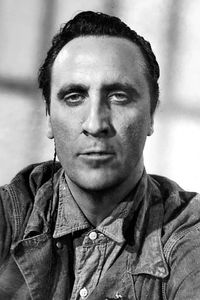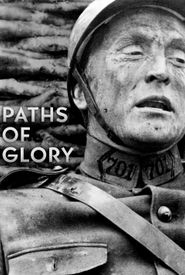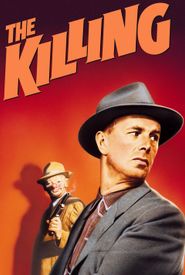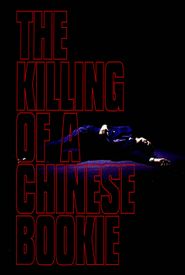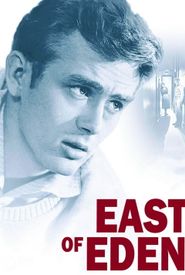Timothy Carey's career was a fascinating journey, marked by his portrayal of complex, often disturbed characters. As a 22-year-old acting school graduate, he made his film debut in 1951, appearing as a corpse in a Clark Gable western. However, it was his brief, uncredited role as Chino's Boy #1 in The Wild One (1953) that showcased his ability to bring depth to his characters.
Carey's improvisational skills were evident in his performances, and he was known to come up with innovative ideas, such as squirting beer in Marlon Brando's face during the filming of The Wild One. This fearlessness earned him a reputation as a talented and unpredictable actor.
Throughout his career, Carey worked with some of the most renowned directors in Hollywood, including Stanley Kubrick, Francis Ford Coppola, and John Cassavetes. He appeared in a range of films, from dramas like Paths of Glory (1957) and The Killing (1956) to exploitation classics like Bayou (1957) and The World's Greatest Sinner (1962),which he wrote, directed, and starred in.
Carey's most iconic role was likely that of Ulysses, a psychotic Cajun, in Bayou (1957). His performance was both captivating and unsettling, and it cemented his status as a master of his craft. He continued to work in film and television throughout the 1960s and 1970s, appearing in a wide range of projects, from the comedy Beach Blanket Bingo (1965) to the drama Minnie and Moskowitz (1971).
Despite his talent and versatility, Carey's career was not without its challenges. He was known for his eccentric behavior and his tendency to improvise, which sometimes caused tension on set. However, his passion for his work and his commitment to his craft earned him a loyal following among fans and fellow actors.
Carey's later years were marked by a renewed focus on his acting career, and he continued to work in film and television until his death in 1994. He was a true original, and his legacy continues to inspire and influence actors and filmmakers to this day.
Personality Biography:
Timothy Carey was born on March 11, 1929, in Philadelphia, Pennsylvania. He grew up in a troubled home, with his mother struggling with mental health issues and his father serving time in prison. Despite these challenges, Carey developed a passion for acting at a young age and attended the Actors Studio in New York City.
Carey's early career was marked by small roles in film and television, but he quickly gained recognition for his unique talent and versatility. He worked with some of the most renowned directors in Hollywood, including Stanley Kubrick, Francis Ford Coppola, and John Cassavetes.
Despite his success, Carey struggled with personal demons throughout his life, including addiction and mental health issues. He was known for his eccentric behavior and his tendency to improvise, which sometimes caused tension on set.
In his later years, Carey continued to work in film and television, and he became a beloved figure among fans and fellow actors. He was a true original, and his legacy continues to inspire and influence actors and filmmakers to this day.
Legacy:
Timothy Carey's legacy is complex and multifaceted. He was a talented actor who brought depth and nuance to his performances, and he was a true original who refused to be bound by convention. Despite his personal struggles and eccentricities, he remained committed to his craft and continued to work in film and television until his death in 1994.
Carey's influence can be seen in the many actors and filmmakers who have been inspired by his work. He was a true pioneer, and his legacy continues to be celebrated by fans and fellow actors around the world.
